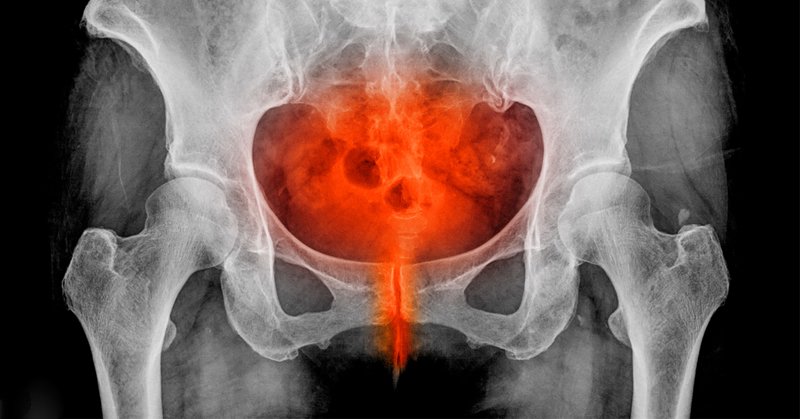Cranberries are well-known for their many health benefits, but the number one benefit everyone needs to know about is how they work towards preventing antibiotic resistance. Easing a urinary tract infection with cranberries means less antibiotic use:
“Scientists [have] revealed the growing evidence on how cranberries can help curb recurrent urinary tract infections (UTIs), the second most common type of infection in the body. A lower number of infections would mean less use of antibiotics and less risk of developing antibiotic resistance.” (1)
Well, this may not seem like that big of a deal, but it is. Forty percent of women and 12 percent of men will experience at least one urinary tract infection during their lifetimes. (2) Naturally, the more UTIs present, the more antibiotics needed to treat the problem. And the more antibiotics used, the more likely resistance is going to occur.
In Europe, about 400,000 people a year are infected with a resistant strain of bacteria. (3) That number jumps to 2 million in the United States. (4) However, urinary tract infections are preventable, and one excellent way to prevent them is with cranberry consumption.
“We have long believed in the urinary tract health benefits that cranberries provide,” said Kalpana Gupta, MD, MPH, chief of Infectious Diseases at the Boston Healthcare System and professor of medicine at Boston University School of Medicine, “but this new research reveals just how wide-ranging those benefits can be.” (5)
But how do cranberries work to prevent a urinary tract infection?
Cranberries prevent the bacteria responsible for UTIs from sticking to the walls in the urinary tract. They also reduce the pH of urine, which makes infections less likely.
In fact, researchers identified two compounds in cranberries that inhibit E. coli from adhering to the cell walls of the urinary tract. “One is fructose, which inhibits the mannose-sensitive fimbrial adhesins; the other is a high-molecular-weight compound that inhibits the mannose-resistant adhesins of uropathogenic E. coli. Although all fruit juices contain fructose, only juices from Vaccinium berries (i.e., cranberries and blueberries) contain this second unique polymeric compound, which was later named proanthocyanidin.” (6)
Of course, this isn’t old news. It has always been believed that cranberries reduce UTIs; however, the link to antibiotic resistance has just recently come into play.
With the growing concern over antibiotic-resistant bacteria, doctors seem to be looking for ways to reduce the chance for infection in the first place. In fact, it isn’t surprising (for most) that increasing consumption of healthy foods — like cranberries — will help.
Now, cranberry juice from fresh, organic cranberries is best! Check out how to make your own cranberry juice below!
Discover a whole bunch of other health benefits from cranberries!
Who is adding cranberries or cranberry juice to their diet?
Share in the comments!
(h/t: The Health Site)



